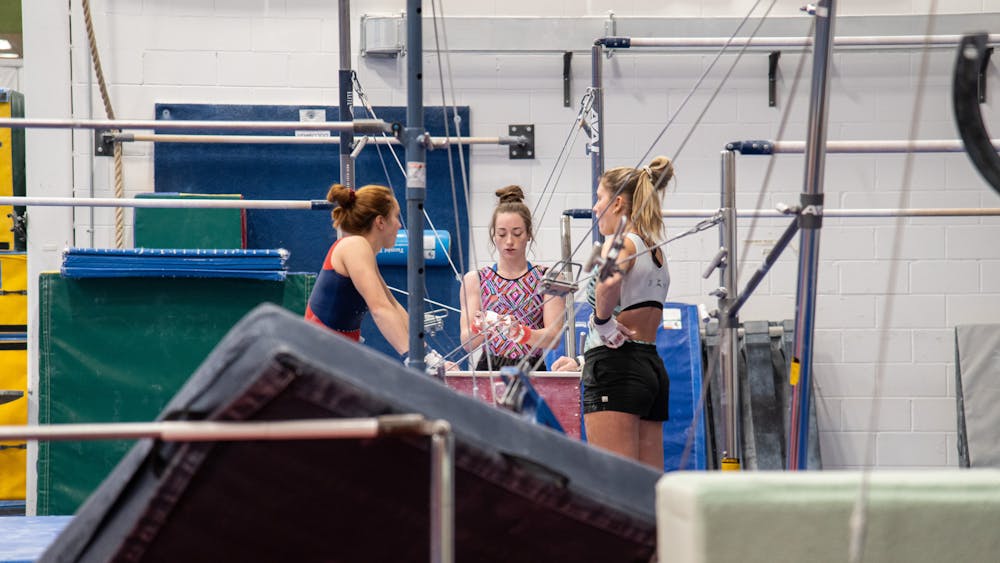Research to study isolation
The following editorial appeared in the Chicago Tribune on Monday, Jan. 14:
On May 23, 1989, an Italian pioneer named Stefania Follini clambered out of a New Mexico cave and into the suffocating heat. Her first words: "I love the sun. The sun is very beautiful." After hugging several friends, she said: "The smell of human beings is very beautiful."
Even in a 105-degree swelter.
That's what spending 131 days in a cave without sunlight or the sound of a human voice will do to you.
Follini descended into that cave so researchers could learn about the physical and psychological impact of prolonged isolation in space on astronauts.
We thought of her recently when news came of another, similar experiment that sounds even more formidable. Sometime next year, a crew of six is destined to climb into a cramped space akin to an efficiency apartment at the aptly named Institute for Biomedical Problems in Moscow. The doors will shut behind them for a breathtaking 500 days. Scientists will study their behavior, their body language, their foibles.
A previous subject in a nine-month simulated flight framed the challenge this way: "It's your task to avoid nervous breakdowns," he said. "You force yourself to control your emotions. You stop yourself from wishing to see the sun."
Here's the incredible part: They have already got 4,800 volunteers.
With few exceptions, science fiction tends to glamorize the idea of gallivanting around the galaxy. There's the going-where-no-human-has-gone-before stuff, and the thrill of exploring new worlds and new civilizations. But often glossed over in the excitement for those who dream of such things is one big problem: You have got to get there first. And that means weeks, months, maybe years of isolation, in a cramped space, staring at computer screens, seeing the same people, eating the same food, not seeing the sun, not feeling the wind, not hearing the birds. ... It's possible that the ultimate challenge of space travel will be, as NASA Administrator Michael Griffin told the Chicago Tribune editorial board recently, "to keep people from killing each other in confined spaces" on long flights. Just imagine spending 500 days with the same handful of people and their annoying habits, hour piled upon hour, with no respite.
Sounds horrible, doesn't it?
Or does it? To the average teen, perhaps, the thought of 500 days with not much to do but loll around the room and play video games may sound, well, pretty awesome.
For those who don't care for the crush of parties coming this time of year, 500 days of semi-solitude could be a bracing antidote.
That stack of books and New Yorker magazines you meant to read? No problem. How about that photo scrapbook you have been threatening to assemble since 1993?
Been complaining that there's no time to learn to play piano, master Spanish, take in a few hundred movies? Not anymore.
Keep a close eye on this experiment. Earlier, similar efforts suggest that some of the participants may eventually wish they had spent the time in solitary, making friends with the mice, frogs and grasshoppers, as Follini did in the New Mexico cave.




